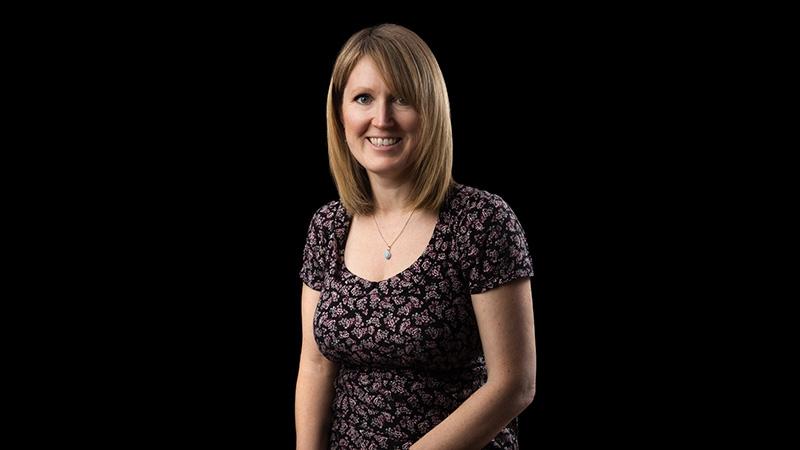Catherine Loveday, Professor of Neuropsychology, was invited to be an expert contributor to an episode of CrowdScience on the BBC World Service which looked at the impact of noise pollution on wildlife and humans.

In the episode, Professor Loveday, along with acoustic scientist Kurt Fristrup, answered listeners’ questions about how noise pollution is affecting the natural world and humans, why we find certain sounds unpleasant, and why the time of day can make such a difference to distant noises reaching remote places.
Speaking about the impact of noise pollution on our health, Professor Loveday said: “There are really well-established, concrete connections between things like traffic and aircraft noise, on people’s mental health, and on their cognitive functions – so their ability to think and remember and learn. Actually, these unpleasant noises can even affect physical health, which means that cardiovascular function and all sorts of physical things are disrupted by noise pollution.”
Listen to the full episode on BBC Sounds.


